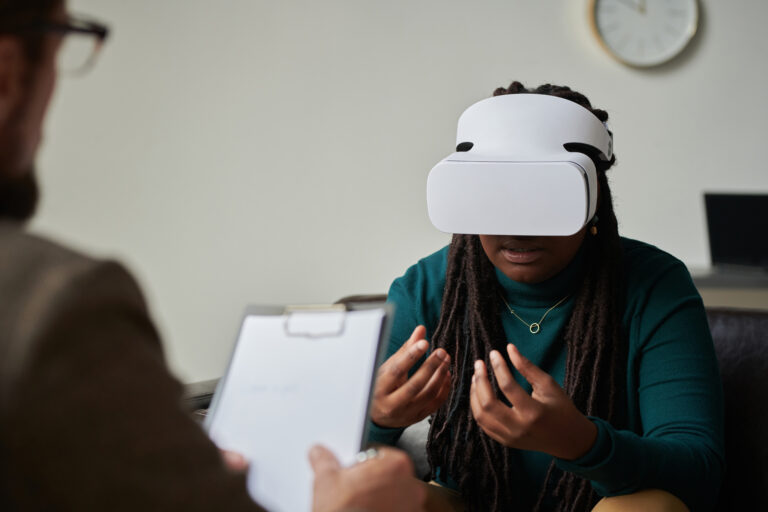Anxiety disorders, affecting a significant portion of the population, can be severely debilitating when symptoms become regular and difficult to manage. Generalized Anxiety Disorder (GAD) is prevalent, with over 5% of people in England reporting symptoms requiring clinical attention in 2014, exacerbated by the Covid pandemic. While current NHS treatments for GAD primarily involve cognitive behavioral therapy (CBT), accessibility issues persist due to the need for therapist interaction.
A recent study funded by MQ Mental Health Research introduced a promising remote treatment called Learning Effective New Strategies (LENS), which demonstrated effectiveness in reducing anxiety. Pro Bono Economics (PBE) estimated potential benefits of LENS if widely available, indicating substantial improvements in quality of life and a value of up to £2.9 billion. However, the wide range of estimated benefits underscores the need for better data and research to accurately quantify the impact of new treatments on mental health, highlighting the role of organizations like MQ in facilitating such evaluations.





